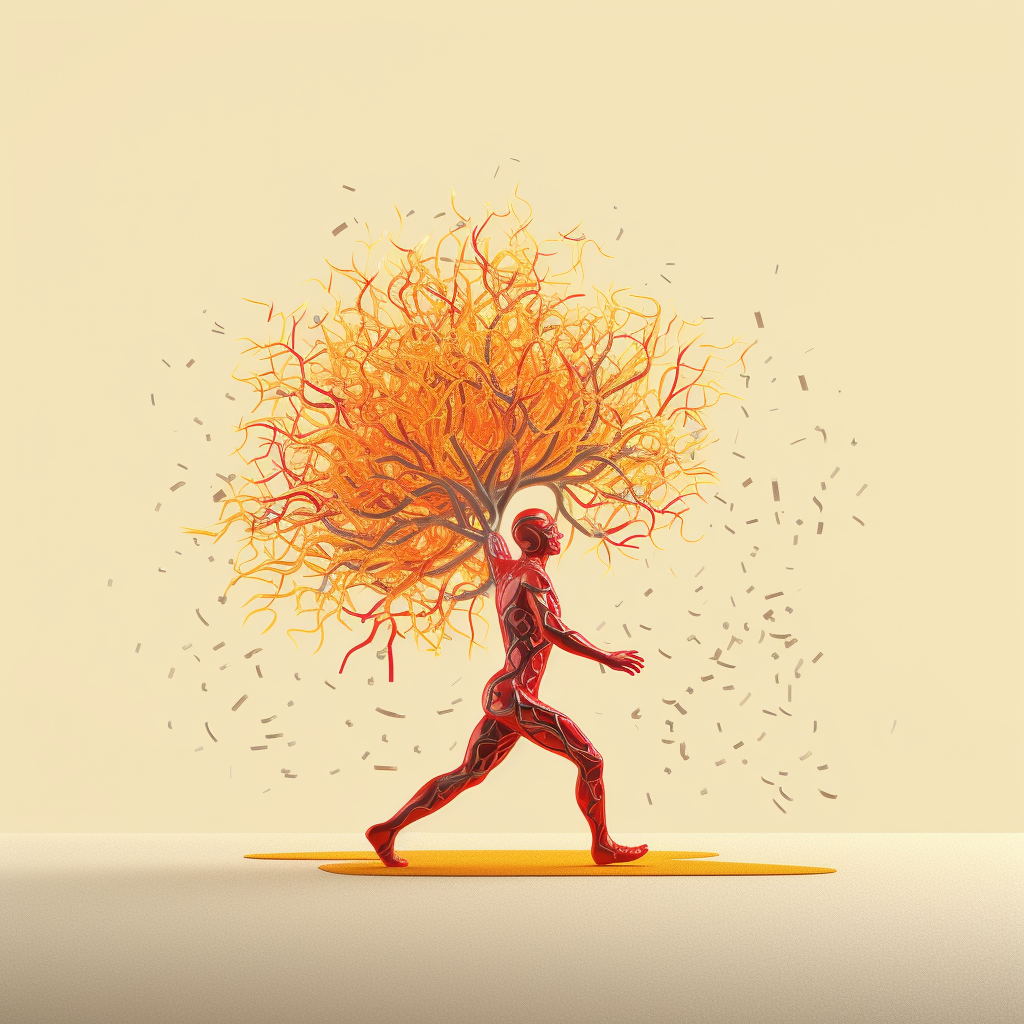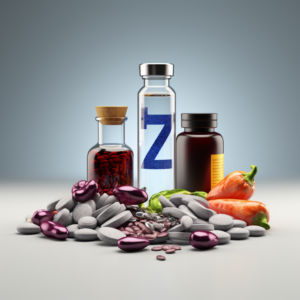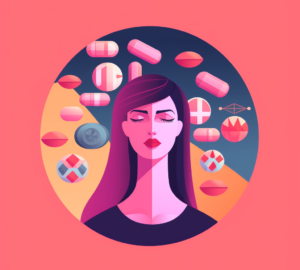Maintaining optimal mental and physical health is a goal shared by many individuals. While the importance of vitamins and hormones is well-known, the significance of specific compounds such as vitamin D, pregnenolone, and DHEA (dehydroepiandrosterone) is often overlooked. In this blog post, we will delve into the potential dangers associated with low levels of these substances and shed light on the implications for both mental and physical well-being. It is important to note that DHEA is a banned substance for WADA (World Anti-Doping Agency) regulated sports due to its performance-enhancing properties.
The Crucial Role of Vitamin D: Vitamin D, often referred to as the “sunshine vitamin,” plays a vital role in maintaining overall health. Low levels of vitamin D have been linked to a multitude of mental and physical health issues. In terms of mental health, research suggests a strong correlation between vitamin D deficiency and conditions such as depression, anxiety, and cognitive decline. Furthermore, low vitamin D levels have been associated with an increased risk of developing neurodegenerative diseases such as Alzheimer’s and Parkinson’s.
On the physical front, vitamin D deficiency has been linked to weakened bones, leading to an increased risk of fractures and osteoporosis. Additionally, low vitamin D levels have been implicated in autoimmune disorders, cardiovascular diseases, and certain types of cancer. Therefore, ensuring adequate vitamin D intake through exposure to sunlight, fortified foods, or supplementation is crucial for maintaining optimal health.
Pregnenolone: The Precursor to Essential Hormones: Pregnenolone is a hormone produced naturally in the body and acts as a precursor to other vital hormones such as cortisol, estrogen, progesterone, and testosterone. Low levels of pregnenolone can lead to imbalances in these hormones, resulting in various mental and physical health consequences.
From a mental health perspective, pregnenolone deficiency has been linked to cognitive decline, memory problems, and increased susceptibility to stress-related disorders like anxiety and depression. On the physical front, low pregnenolone levels may contribute to fatigue, reduced libido, weight gain, and compromised immune function. Maintaining optimal pregnenolone levels can play a significant role in supporting both mental and physical well-being.
The Dangers of Low DHEA Levels: DHEA, another hormone produced by the body, has a significant impact on numerous physiological processes. However, it is important to note that DHEA is considered a banned substance for athletes participating in WADA regulated sports due to its potential performance-enhancing effects.
When DHEA levels are low, individuals may experience mental health challenges such as mood swings, irritability, and decreased motivation. Physical symptoms can include fatigue, decreased muscle strength and mass, reduced bone density, and compromised immune function. While DHEA supplementation is available, it is essential to consult with a healthcare professional to ensure proper usage and adherence to regulations.
Conclusion: The interplay between vitamins, hormones, and overall health is a complex and multifaceted relationship. Low levels of vitamin D, pregnenolone, and DHEA can have significant consequences for both mental and physical well-being. While vitamin D deficiency has been associated with increased risks of various diseases, pregnenolone and DHEA imbalances can contribute to a range of mental and physical health issues. It is crucial to maintain adequate levels of these substances through a balanced diet, exposure to sunlight, and professional guidance when considering supplementation. Prioritizing comprehensive health is a key step towards leading a fulfilling and vibrant life.




